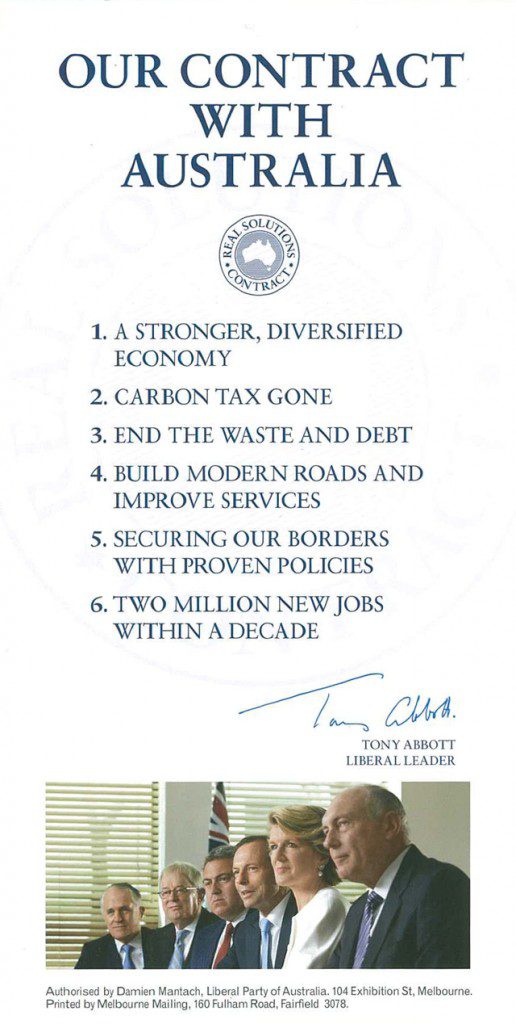Where Trolls and Businesses Collide
Politics can often deliver important lessons for business.
While the Australian Labor Party continues is now month-long orgy of blame and denial – in many cases simultaneously – the new government goes about it s job without serious opposition.
No matter what one’s political view-point, the nature of our political system requires an active and effective opposition. An opposition that offers more than just distain for the current officeholders.
Whilst no party can really claim the moral high ground on playing personality politics, the lack of viable policy alternatives, is providing fertile ground for a growing culture of personal invective , ably assisted by the now all pervasive social media.
To see what I mean read the article by Paul Sheehan of the SMH via the following link:
http://www.theage.com.au/comment/welcome-to-the-abbottoir-20130915-2tsrm.html
There is a valuable lesson for business here.
The easy access and immediacy of social media is a magnet for the disaffected, grumpy, nasty, irrational and downright crazy.
Never has it been easier for vile nonsense to be spread about individuals and companies, with absolutely no filter, little thought of consequence and even less chance of accountability.
All businesses need to beware of what is being said about them online and devise means to respond to, engage with, or, if necessary, curtail such public discourse.
This is where a social media strategy and an issues management plan come together. Each is devised for a specific purpose and the point of intersection is fast becoming one of the most sensitive areas of corporate communication.
A social media strategy is much more than posting pretty pictures on some forum and tweeting about the latest product release. It is learning to work with an entirely new, uncontrolled, immediate, vast and sometimes dangerous medium.
Equally a proper issues management plan will track concerns, comments and matters than can impact on business and help corporate communicators determine the right time and way to respond.
Not having one of the two is risky not having either is, in today’s world, foolish!




